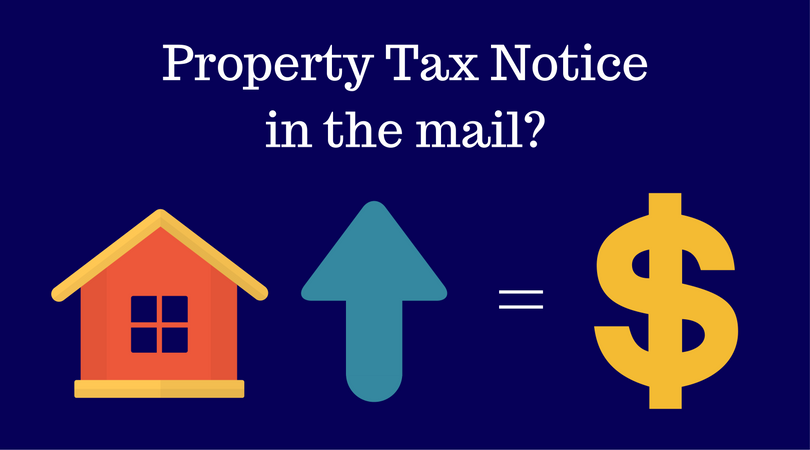Get a Property Assessment Valuation Notice? What does it mean, what can you do?
Do you own a luxury Denver home? Did you get an enlightening statement from your county telling you about the value of your home?
I would be willing to bet that your value assessment from the county showed an increase in your home value. Yay, my house is worth more!
Wait, what does that mean? My property taxes will likely increase? What? Well, then my house is definitely not worth that, right?
A double-edged sword
It can be uplifting to hear your home has a higher market value. It is no secret that Denver real estate prices have risen dramatically over the last few years. You have more equity and your overall wealth increased. That is nice, yes, but in Colorado that also means your property taxes will probably be going up. Denver-area residents are all getting their new assessed values and learning that the rapidly rising real estate market can have some not so ideal parts.
What is assessed value?
Under Colorado law all counties must reappraise real property every two years. Each county takes a look at the sale of homes similar to yours and assigns a value to your home. If prices around you have been going up, your assessed value will also increase. The sales figures that are used are typically within a time period that ends around a year prior to the letter you received. In this case, in Denver only sales prior to 6/30/2016 and after 7/1/2014 are used.
What is the new assessed value used for?
Property taxes. Your statement should include a percentage (assessment rate that has been set by the state legislature). You multiply the new assessed value by the “projected” assessment rate to get your taxable value. After you get that number, you multiply it by your mill levy (Denver was 81.547 mills in 2016). Mill levies are determined by the taxing authorities for your property and may include county, city, schools, drainage, fire protection, improvement districts and other entities.
I don’t agree
If you do not agree with the value from your county you can protest it. There are instructions on the form you were sent, or you can also choose to protest online. For residential property, there are two main reasons and ways to protest.
- Incorrect property characteristics – square footage, condition, bath count, features, use, etc.
- Estimated value is high – provide additional market data and sales to support a reduction in value.
Review the details of the assessment online to determine if the county records contain errors that would make your property appear to be more valuable. Also, look at the value assigned to features of your home and the comparable sales used by the county. If the adjustments seem unreasonable, tell them and back it up.
The other way to protest is using other sales not considered by the county. Get your friendly Denver real estate agent (hopefully, also knowledgeable and experienced) to assist you with comparables that can be used to argue for a lower valuation. The homes need to be similar in size and general characteristics and in the same neighborhood or area. Also, make sure the sales took place within the designated time period for your county.
What are my chances?
That will, of course, depend upon where your home is located and sales activity. If you can find errors or improper adjustment, additional lower-priced sales or new information and present it properly, the chances of your county changing the value can be better. If there are not errors in the assessment, and you cannot find other sales at a lower price for a similar property, your chances may not be good.
With the boom in the Denver home prices, many of us will find it difficult to locate sales that will help lower the value. However, it is a relatively easy process to protest, and it can be worth the effort.
What will happen?
The county will agree or disagree. If they disagree you can take your protest to the State Board of Assessment Appeals, to district court, or binding arbitration, but the time and effort involved in that will probably not be worth the potential savings.
So what are you saying?
Anytime our payments and taxes increase, it is a tough pill to swallow. There is a chance that your mill levy goes down and your property taxes don’t increase even with a higher valuation. More than likely, however, most of us will experience an increase in our property taxes, but it is worth reviewing your property information for errors that might take the edge off. The tax increase will probably be relatively low on a monthly basis, so hopefully it doesn’t hit you too hard.
If you want help or have questions, feel free to contact a Denver real estate agent. Crafting the strongest protest with solid information is the key to lowering the assessed value.





